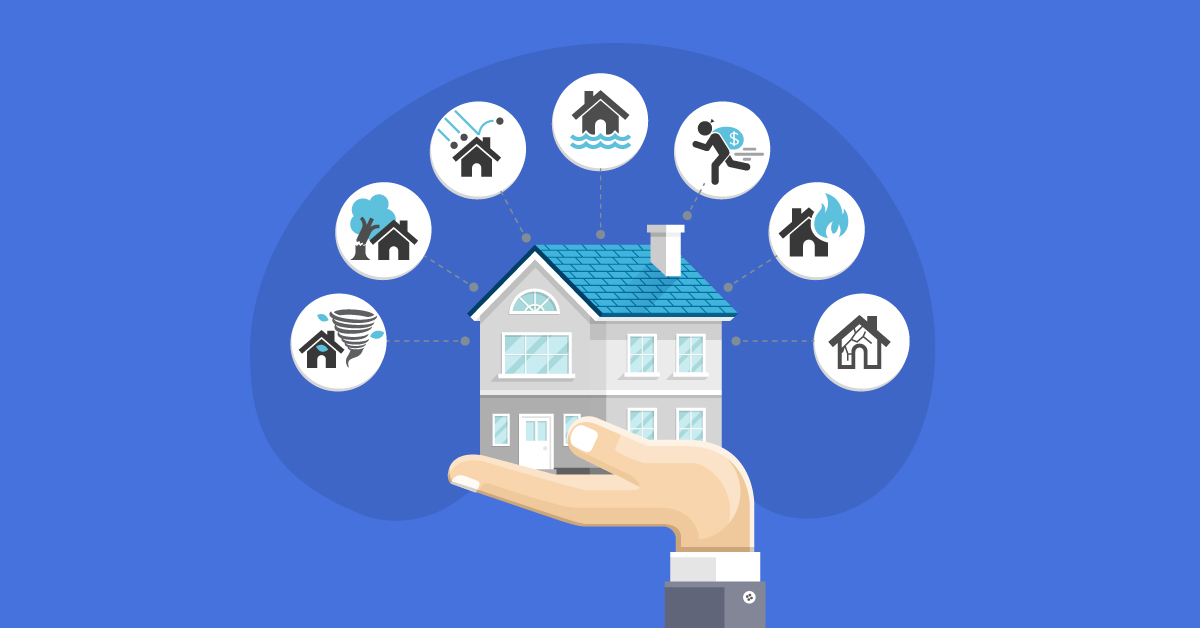A swimming pool is a staple in several American homes. During summer, when the sun is too hot, the poolside becomes the favorite spot for many families. Hosting an evening party or barbecue by the poolside is a great way for parents and kiddos to cool off. However, a pool comes with some risks. You should insure it like your home or vehicle. Some home insurance policies cover some swimming pool incidents, but specific rules and coverage are required for swimming pools. Continue reading to learn more about swimming pool coverage, and rest easy knowing you are covered this summer.
Types of Swimming Pools
There are two main types of swimming pools, which include above-ground and in-ground swimming pools. The type of pool you choose to have in your space determines the coverage you should get.
Above Ground Swimming Pools
The above-ground pool is mainly considered personal property because it’s not a permanent structure. You can drain it, fold it up, and carry it when moving to another house. It’s even possible to sell it if it gets damaged; the financial protection is not as much as you would in a permanent structure.
In-ground Pools
An in-ground pool is like any other structure within your property. So, it requires additional insurance coverage for protection against damage. How much insurance coverage you need to buy depends on the value of your pool.
What Does Swimming Pool Insurance Cover Entail

Apart from adding aesthetic appeal to your home, a swimming pool increases the overall cost of your home. This elevates your home insurance rate automatically. You need insurance coverage to protect you if someone gets hurt in the pool or damages your property.
A swimming pool insurance policy is not bought separately. It is added to your homeowner’s policy and includes personal liability, which helps if you are sued in case of an accident.
The coverage also takes care of costs that may occur if the pool overflows or leaks to other people’s property. It also pays medical costs for anyone hurt in or by the swimming pool.
Two things you should know are:
- What incidents are truly covered by the insurance policy. If the pool is damaged by a cause not included in the policy, the insurance coverage provider is not liable.
This applies to both in-ground and above-ground pools.
- What the policy states regarding your property. It may involve actual cash or costs of replacements. Some of the incidents that most swimming pool insurance policies cover include:
- Fire
- Hail
- Lightning
- Theft
- Storms
- Falling objects
- Aircraft
- Vandalism
- Smoke
- Vehicles owned by other people (not the property owner)
- Vandalism
- Explosion
- Frozen plumbing
- Electrical current
- Volcanic eruption
- Snow or ice weight
Requirements for Swimming Pool Insurance
The requirements for pool insurance coverage vary from state to state. They include:
- Getting an enclosure permit to build your pool.
- Signing an agreement with a neighbor before you build a fence.
- In-ground pools have a minimum depth of 1.2 meters.
- The pool should have child safety measures in place.
Does Homeowners Insurance Cover Your Swimming Pool?
Homeowner’s insurance covers your pool under personal policy coverage. The homeowner’s insurance will cover medical and legal fees if anyone using the pool slips and gets injured near or in it. If the pool is damaged, the coverage compensates you for the expenses as long as the cause of the damages is listed in your policy.
Injuries Covered by Homeowners Insurance
Homeowners insurance provides you with liability protection for anyone injured within your home. However, it has limits that depend on the policy and insurance carrier. If you want to install one:
- Talk to your homeowners insurance company to help you get the required coverage.
- Note that it is likely to increase your annual insurance premium.
- Check with the local ordinances to ensure you follow any laws they have requiring pool owners to own an alarm or barrier fencing around the pool.
Damages Covered by Homeowners Insurance
An in-ground pool is considered another structure with a home, while an above-ground pool is personal property. Speak to your insurance agent to know how they classify swimming pools. Some of the damages your pool insurance might cover are caused by lightning, snow, theft, sleet, freezing, smoke, and vandalism.
Your pool insurance may not cover government seizures, earthquakes, floods, sewer backups, sinkholes, and mudslides. Also, any wear and tear or poor maintenance damages may not have coverage.
What Affects Your Pool Insurance Policy Eligibility?
Every insurer has special requirements. For example, depending on your location, some will ask you to have a fence around the pool to secure access. This also minimizes unsupervised use of the pool and accidents. Some insurance providers will not give you coverage if the pool is not secured. With free access, anyone can get into the swimming pool and get hurt, and the homeowner is held liable.
Other things you should consider include the diving or sliding board. Some insurers will not cover you if you have these accessories because they increase the risks of bad injuries when building a pool or buying a home with one. Remember, these accessories affect your liability and insurance coverage issues.
Sometimes, an insurance company may ask you to meet particular conditions before offering you coverage. They may require you to have a lockable gate or avoid sliding boards. Mostly, they want you to enhance safety measures to decrease risks and lower your premium.
How Much Will Pool Insurance Coverage Increase Your Homeowners Insurance?
You should expect your homeowner insurance premium to increase. Dig deep into your pocket to pay more for the swimming pool insurance coverage. Insurers consider your home riskier when you add a swimming pool. However, you can save by getting advice from insurance advisors. For example, you can find a deal when you add safety measures. There are also discounts out there and many ways to keep your insurance premiums at a reasonable price. You should research properly before settling for one of the swimming pool insurers.
Frequently Asked Questions
Below are a few FAQs when it comes to swimming pool insurance coverage.
What is more expensive, homeowners insurance or pool insurance?
Homeowner’s insurance will cost you more than pool insurance because a property owner needs to protect their house and the pool when paying for homeowners insurance. Your insurer will ask for more money if you add a pool to your property since you elevate the risks of people living on the property or anyone who has access to the pool.
Can removing a swimming pool lower the property value?
Removing a swimming pool reduces the value of your property or increases it. For example, an old swimming pool has no value to your property, and getting rid of it will change your home’s appearance and definitely increase its value. However, in some states with hot summers, a swimming pool is considered a great feature, and most people are willing to pay more for a home with one.
As a homeowner, make sure you get protection against any loss that may occur. A swimming pool insurance policy is extremely important because you never know when something can happen.
Related: The 6 Most Common Homeowners Insurance Claims (And Ways to Avoid Them)





